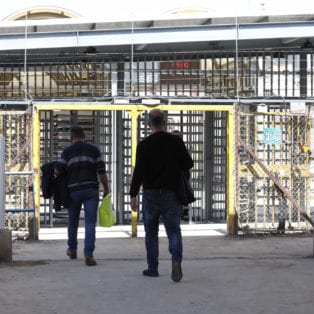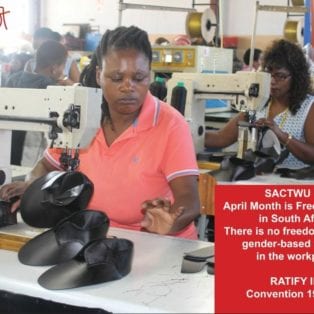Nearly 50,000 workers have left Palestinian territories to work in Israel in recent days, after Palestine and Israel struck an agreement to allow them to work and stay in Israel for up to two months. This measure was taken to control the spread of the novel...
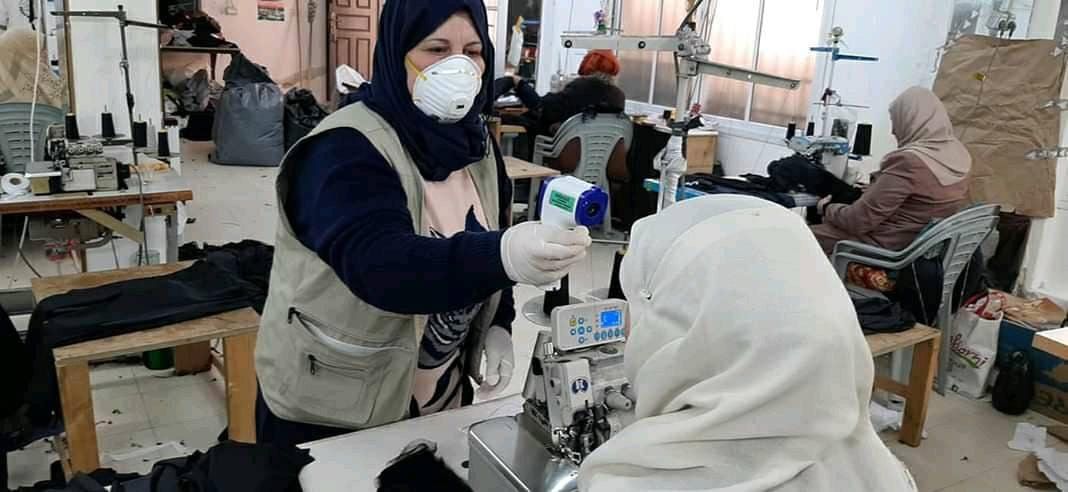
During the COVID-19 pandemic, members of the Palestinian General Federation of Trade Unions, a Solidarity Center partner, tested workers for fever. Credit: PGFTU
Women & Their Unions Stand Strong during COVID-19
In Tunisia, 150 women garment workers self-quarantined in their factory to manufacture desperately needed protective masks, churning out 50,000 a day as the COVID-19 crisis broke out. The South African Clothing and Textile Workers’ Union (SACTWU) reached an agreement...
Union Win: No Layoffs in Tunisia Private-Sector in COVID-19
Some 1.5 million workers across Tunisia’s private sector will not lose their jobs and will be paid during COVID-19-related closures, following a landmark agreement between the Tunisian General Labor Union (UGTT), the Tunisian Confederation of Industry, Trade and...
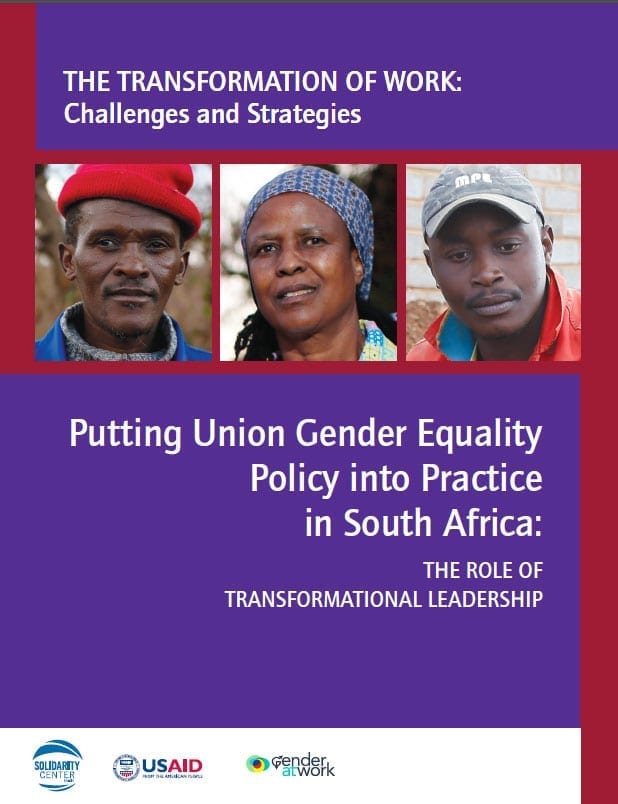
Putting Union Gender Equality Policy into Practice in South Africa
Unions are key drivers advancing gender equality. Yet in many countries around the world, there is a disconnect between labor union policy and practice in transforming gender inequalities within trade unions. Through the lens of the South African union movement, this...
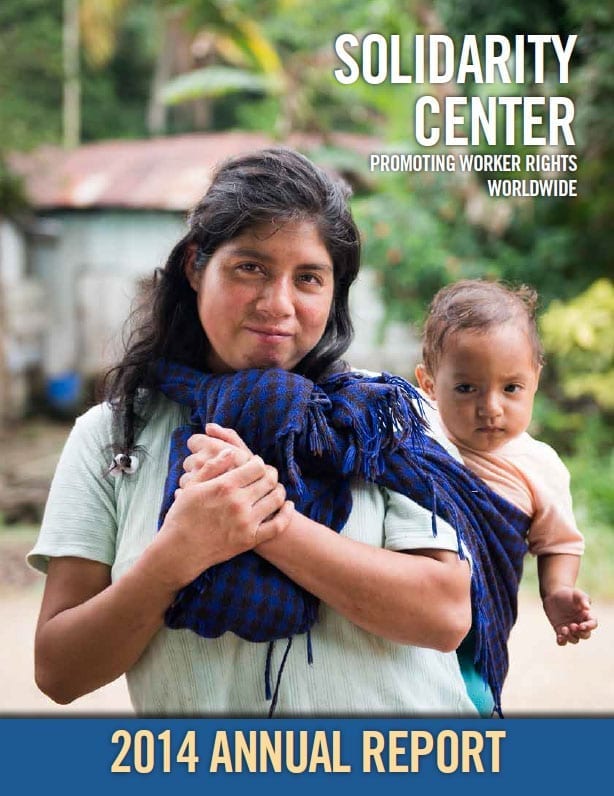
Annual Report 2014
Download here.
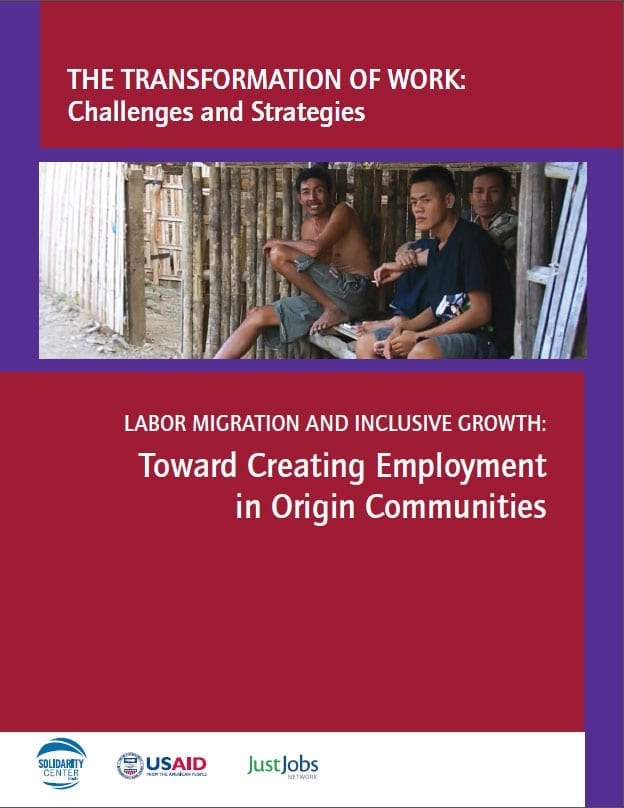
Labor Migration and Inclusive Growth: Toward Creating Employment in Origin Communities (2015)
This paper investigates the intersection of labor migration and the inclusive growth agenda, and seeks to recommend policies so governments of origin countries can, in part, expand labor migration’s positive impacts by making migrant workers agents in promoting and...
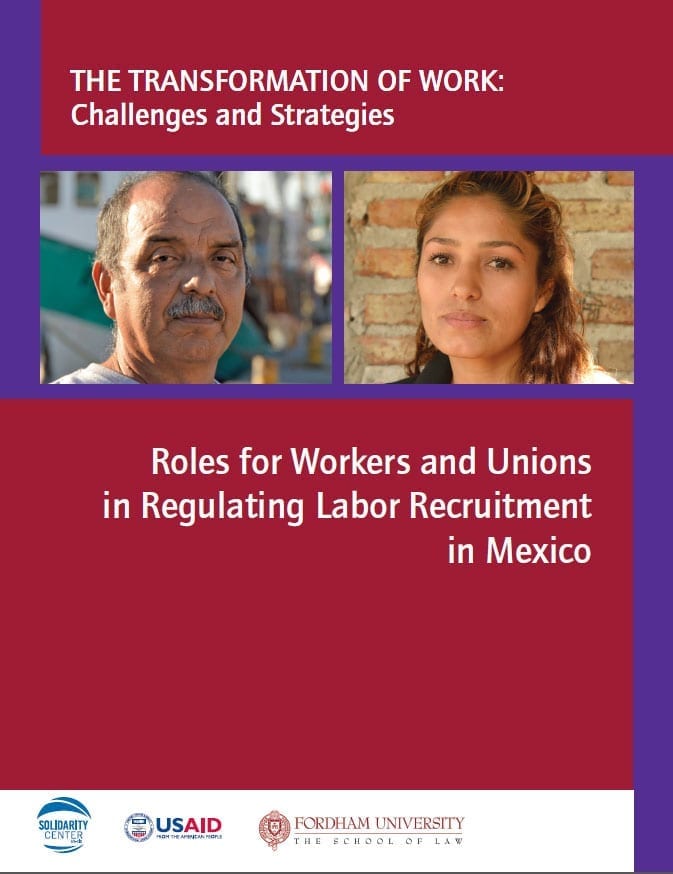
Roles for Workers and Unions in Regulating Labor Recruitment in Mexico (2015)
Fordham University law professor Jennifer Gordon examines the roles of guest workers as organizers, monitors and policy-setters in supply chain initiatives and other efforts to address labor recruitment violations. Download here.
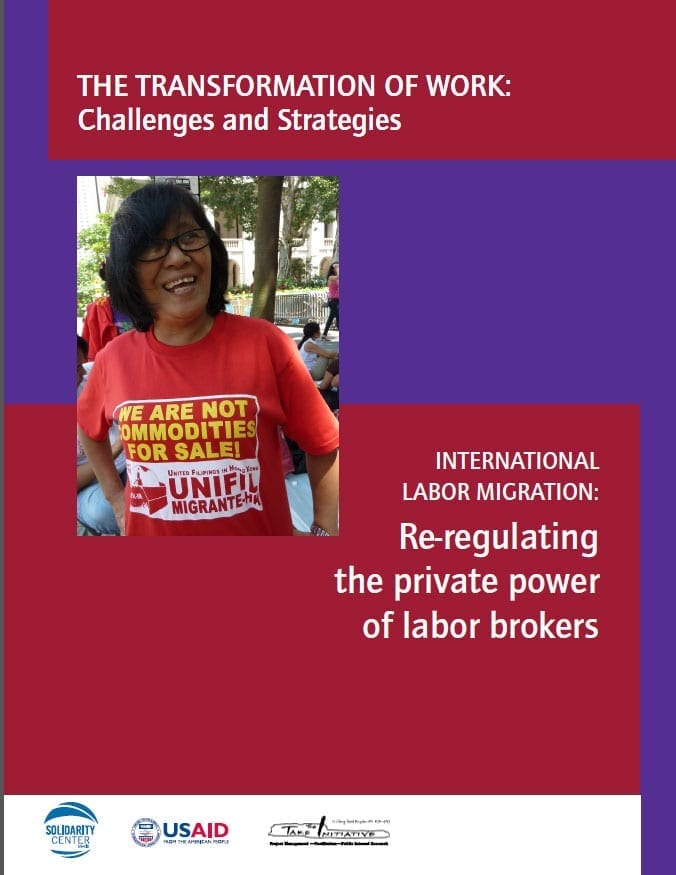
International Labor Migration: Re-regulating the Private Power of Labor Brokers (2015)
In this review of initiatives to regulate labor brokers, the authors find that state and civil society efforts to address migrant worker exploitation point to potential new policies, most effectively led by state-backed regulatory frameworks. Download here.
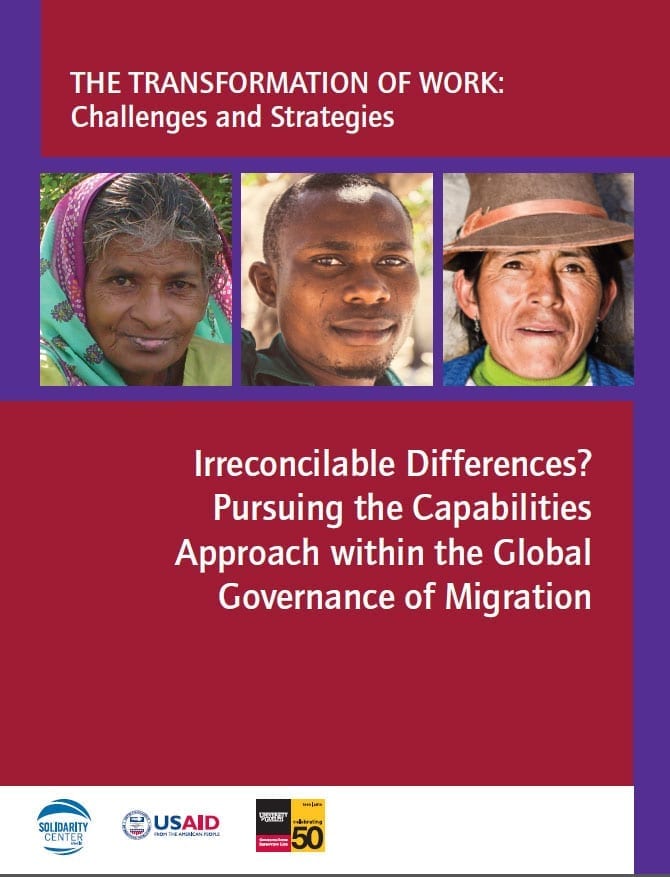
Irreconciliable Differences? Pursuing the Capabilities Approach within the Global Governance of Migration (2014)
This report on global labor migration challenges the current “triple win” paradigm in global migration policy through a worker rights lens, and argues that when applying the now-accepted "capabilities" approach, the international development community must focus on...

